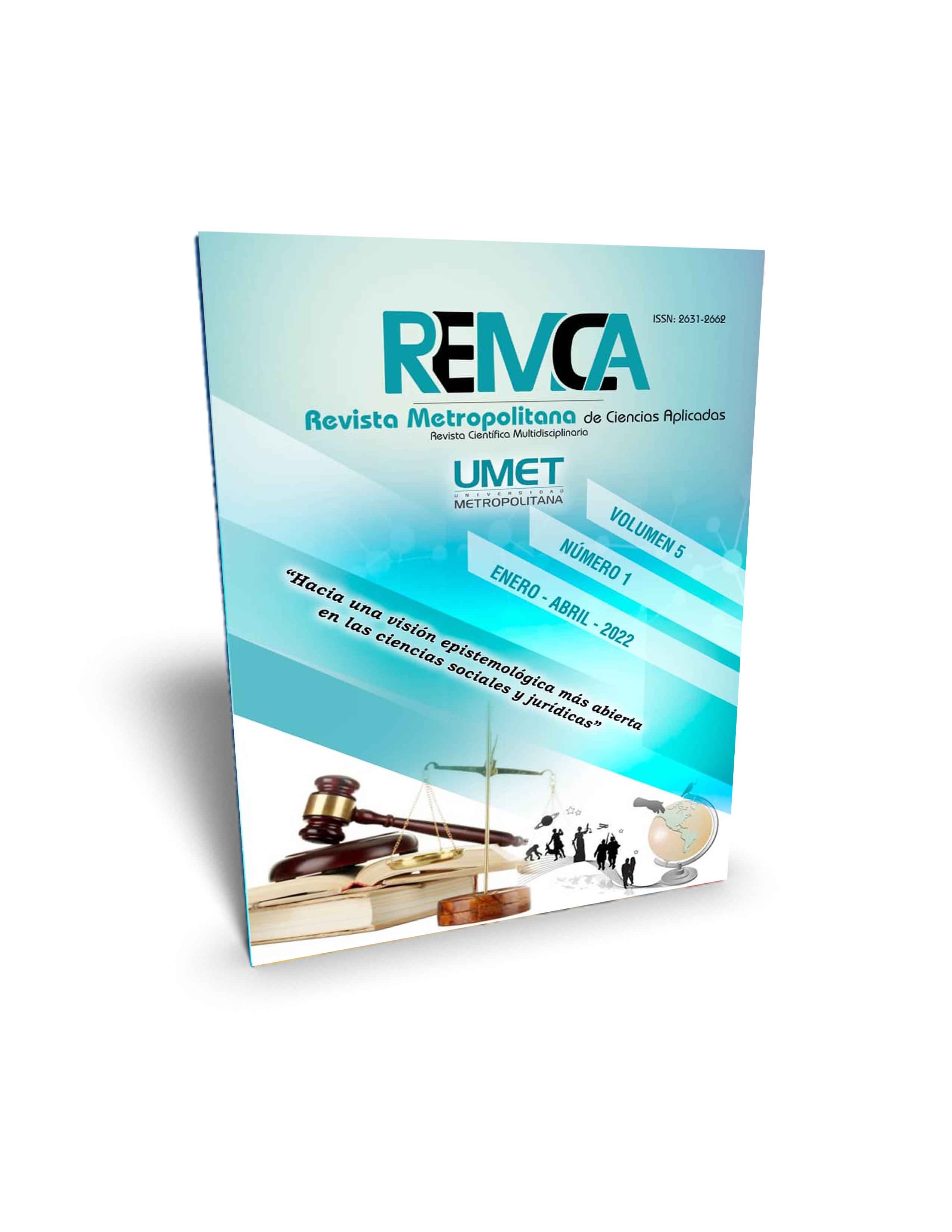Promoting environmental education in students majoring in English language teaching
DOI:
https://doi.org/10.62452/2k64zd18Keywords:
Environmental, education, multimedia, English language, skillsAbstract
Environmental education is one of the aspects tackled within the 17 Development and Sustainability Goals (SDG). Environmental education can be related to all levels of teaching and all subject areas. The following research proposes a set of activities to promote Environmental Education for Sustainable Development in sophomore students of the English Language Teaching Major of the University of Cienfuegos “Carlos Rafael Rodriguez”. The proposal of activities can contribute effectively to the students’ assimilation and integration of environmental knowledge in Integrated English Practice Lessons. Moreover, the exercises help the students develop abilities, attitudes and capacities useful to their professional life. Therefore, the proposal intends to guide a correct environmental education in schools. The authors consider that the proposal of activities throughout a multimedia may easier the English teaching learning process, allowing the students to continue learning English language outside the classrooms and develop critical thinking.
Downloads
References
Bosque, R. (2014). El estado del arte de la educación ambiental y energética en las universidades de ciencias. Varona, (58), 67-77.
Escobar, O. (2009). La Educación Ambiental en la Enseñanza del inglés en una Secundaria del D.F. Caminos Abiertos, 95, 3-5.
Gámez, Y. (2018). An Environmental Interest Group for 5th grade students from “Ramón Pando Ferrer” Elementary School. (Trabajo de Diploma). Universidad Central Marta Abreu de las Villas.
Gutiérrez, M. (2020). Experiencias de aprendizaje en la formación inicial docente desde la perspectiva de la educación ambiental. Revista Varela, 20(55), 115-129.
Harmer, J. (2012). Essential teacher knowledge. core concepts in English language teaching. Pearson Education Limited.
Hauschild, S., Poltavtchenko, E., & Stoller. F. (2012). Going Green: Merging Environmental Education and Language Instruction. English Teaching Forum.
Márquez Delgado, D. L., Hernández Santoyo, A., Márquez Delgado, L. H., & Casas Vilardell, M. (2021). La educación ambiental: evolución conceptual y metodológica hacia los objetivos del desarrollo sostenible. Universidad Y Sociedad, 13(2), 301-310.
Merriam-Webster Inc. (2002). Merriam Webster Dictionary. http://www.mw.com/home.htm
Mulhu, C. (2011). EFL/ESL and Environmental Education: Towards an Eco-Applied Linguistic Awareness in Cameroon. World Journal of Education, 1(1), 109-118.
Proenza, J. (2001). Propuesta metodológica para la introducción de la dimensión ambiental en la carrera de química del Instituto Superior Pedagógico “José de la Luz y Caballero. (Tesis de Maestría). Instituto Superior Pedagógico José de la Luz y Caballero.
Rodríguez Gómez, R., Chaviano Corrales, A., & González Aranguren, A. (2019). La tarea vida y su implementación mediante las ciencias naturales en la educación primaria. https://trabajos.pedagogiacuba.com/trabajos/37La%20tarea%20vida%20y%20su%20implimentaci%C3%B3n%20mediante%20las%20ciencias%20naturales%20en%20la%20eduaci%C3%B3n%20primaria.pdf
Rodríguez, P., & Rodríguez, M. (2015). La educación ambiental para el desarrollo sostenible en la formación de técnicos. Revista Ciencias Pedagógicas e Innovación 3(1), 7-14.
Stapp, W. B., et al. (1997) The concept of environmental education. http://hiddencorner.us/html/PDFs/The_Concept_of_EE.pdf
Stavreva, S., & Kirova, S. (2013). Blending the Teaching of Environmental Matters and English as a Second or Foreign Language in Macedonia. Natura Montenegrina, Podgorica, 12(3-4), 1065-1071.
Valdés, O, Rodríguez, A., Llivina, M., Betancourt, A., & Santos, I. (2013). La educación ambiental y desarrollo sostenible: estrategias de integración interdisciplinaria curricular e institucional en los programas, proyectos y buenas prácticas en las universidades, escuelas, familias y comunidades en cuba. Educación Cubana.
Downloads
Published
Issue
Section
License
Copyright (c) 2022 Julio César La Rosa Ponce, Adrian Abreus González (Autor/a)

This work is licensed under a Creative Commons Attribution-NonCommercial-ShareAlike 4.0 International License.
Authors who publish in Revista Metropolitana de Ciencias Aplicadas (REMCA), agree to the following terms:
1. Copyright
Authors retain unrestricted copyright to their work. Authors grant the journal the right of first publication. To this end, they assign the journal non-exclusive exploitation rights (reproduction, distribution, public communication, and transformation). Authors may enter into additional agreements for the non-exclusive distribution of the version of the work published in the journal, provided that acknowledgment of its initial publication in this journal is given.
© The authors.
2. License
The articles are published in the journal under the Creative Commons Attribution-NonCommercial-ShareAlike 4.0 International License (CC BY-NC-SA 4.0). The terms can be found at: https://creativecommons.org/licenses/by-nc-sa/4.0/deed.en
This license allows:
- Sharing: Copying and redistributing the material in any medium or format.
- Adapting: Remixing, transforming, and building upon the material.
Under the following terms:
- Attribution: You must give appropriate credit, provide a link to the license, and indicate if any changes were made. You may do this in any reasonable manner, but not in any way that suggests the licensor endorses or sponsors your use.
- NonCommercial: You may not use the material for commercial purposes.
- ShareAlike: If you remix, transform, or build upon the material, you must distribute your creation under the same license as the original work.
There are no additional restrictions. You may not apply legal terms or technological measures that legally restrict others from doing anything the license permits.




